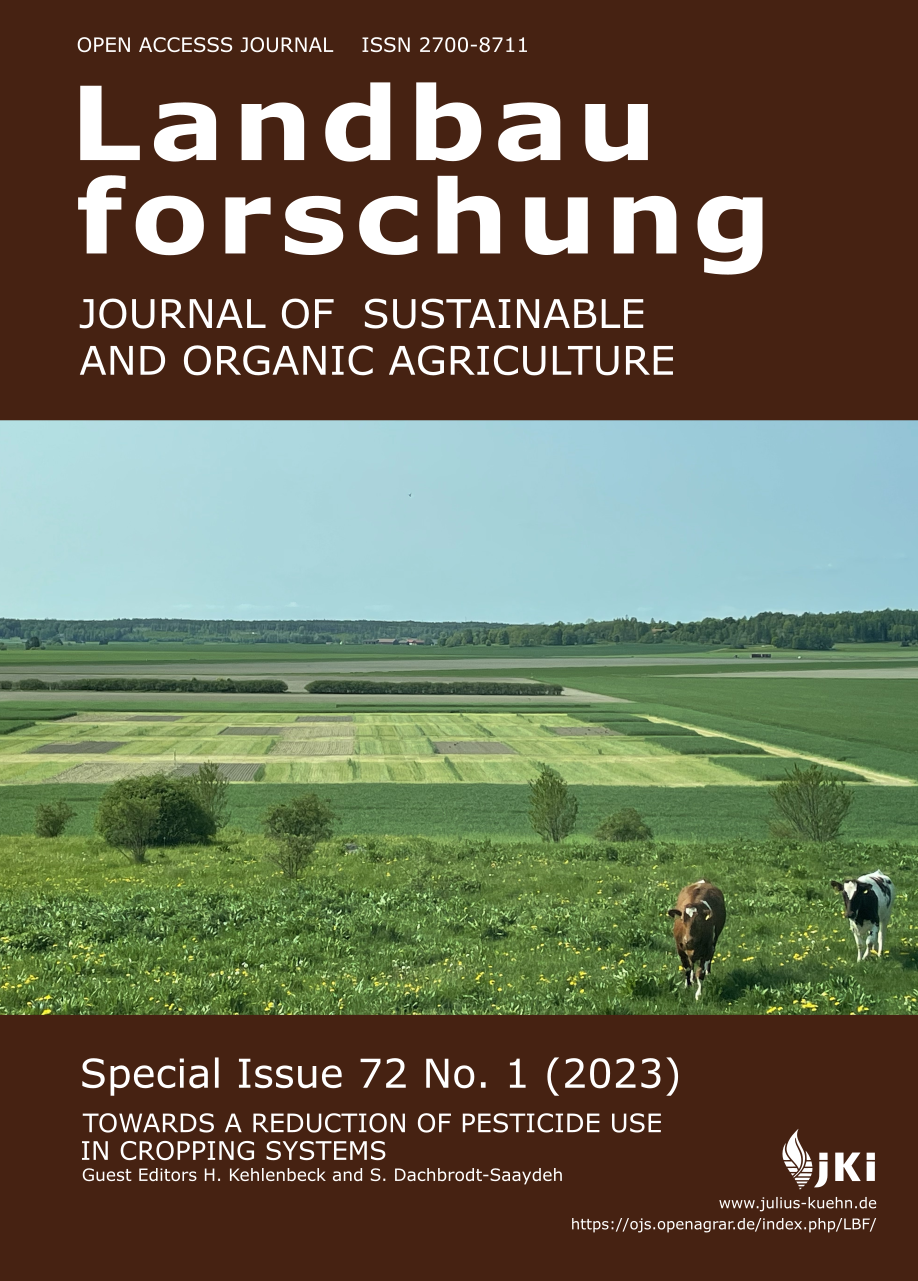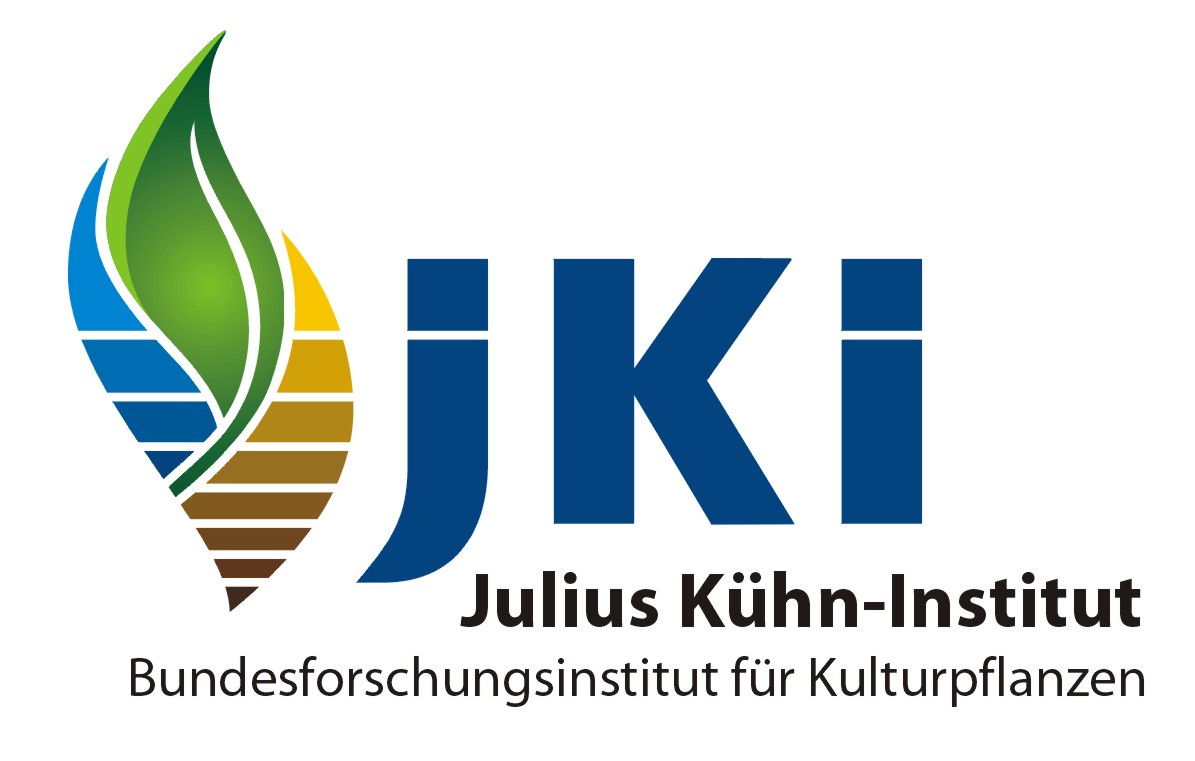Factors influencing the acceptance of pesticide-free farming systems by farmers
DOI:
https://doi.org/10.5073/LBF.2023.01.06Keywords:
Pesticide-free, Sustainable agriculture, Adoption, Farmer behaviorAbstract
Pesticides have been an integral part of modern agriculture, aiding farmers in their fight against pests and increasing crop yields (Damalas, 2009). However, the widespread use of pesticides has resulted in numerous negative consequences, including environmental degradation, health hazards and increased resistance among pest populations (Godfray et al., 2010; Hawkins et al., 2019; Powles & Yu, 2010; Riyaz et al., 2022). In particular, pesticide residues in food are becoming an increasingly critical issue for consumers (Nitzko et al., 2022). As a result, there has been a growing interest in pesticide-free farming practices that focus on natural methods of pest control as for instance established in organic farming approaches (Stehle & Schulz, 2015).
Agriculture without synthetic chemical pesticides is a new concept in plant cultivation with the aim of achieving the highest possible yields through the use of mineral fertilisers while at the same time reducing environmental impacts by avoiding the use of chemical plant products (Zimmermann et al., 2021). By avoiding pesticides entirely, this concept has the potential to make a significant contribution to the reduction of pesticides targeted by the EU and to avoid the problems of pesticide residues in food and loss of biodiversity. However, the adoption of pesticide-free farming is still limited (Christensen et al., 2011; Finger & El Benni, 2013; Möhring & Finger, 2022). In this context, pesticide-free agriculture is understood as more than the mere substitution of chemical plant protection measures by non-chemical (e.g. technical) measures. Rather, pesticide-free agriculture is a system-level approach that aims to redesign the farming system to incorporate both new technologies and agroecological practices (Jacquet et al., 2022; Zimmermann et al., 2021). Comprehensive information on the drivers, barriers and challenges faced by farmers is needed for the widespread uptake of pesticide-free farming systems.
In this paper, we examine the acceptance of pesticide-free farming from the farmers' perspective. Specifically, we investigate the factors that influence farmers' decision-making regarding the adoption of pesticide-free farming practices and the challenges they face. We also explore the role of knowledge and experience in shaping farmers' acceptance of pesticide-free farming. In addition, we are evaluating possible scenarios for the implementation of pesticide-free farming systems. To do this, we use a qualitative approach, interviewing both conventional farmers and farmers who already farm partially without pesticides.
The research paper is part of the research project Agriculture 4.0 without chemically synthetic pesticides. Through our research, we aim to provide insights into the factors that influence the acceptance of pesticide-free farming practices among farmers. We hope that our findings will inform policy decisions and promote the adoption of sustainable farming practices that benefit both farmers and the environment.
Published
Issue
Section
License
Copyright (c) 2023 Marius Jahnke, Claudia Bieling

This work is licensed under a Creative Commons Attribution 4.0 International License.









